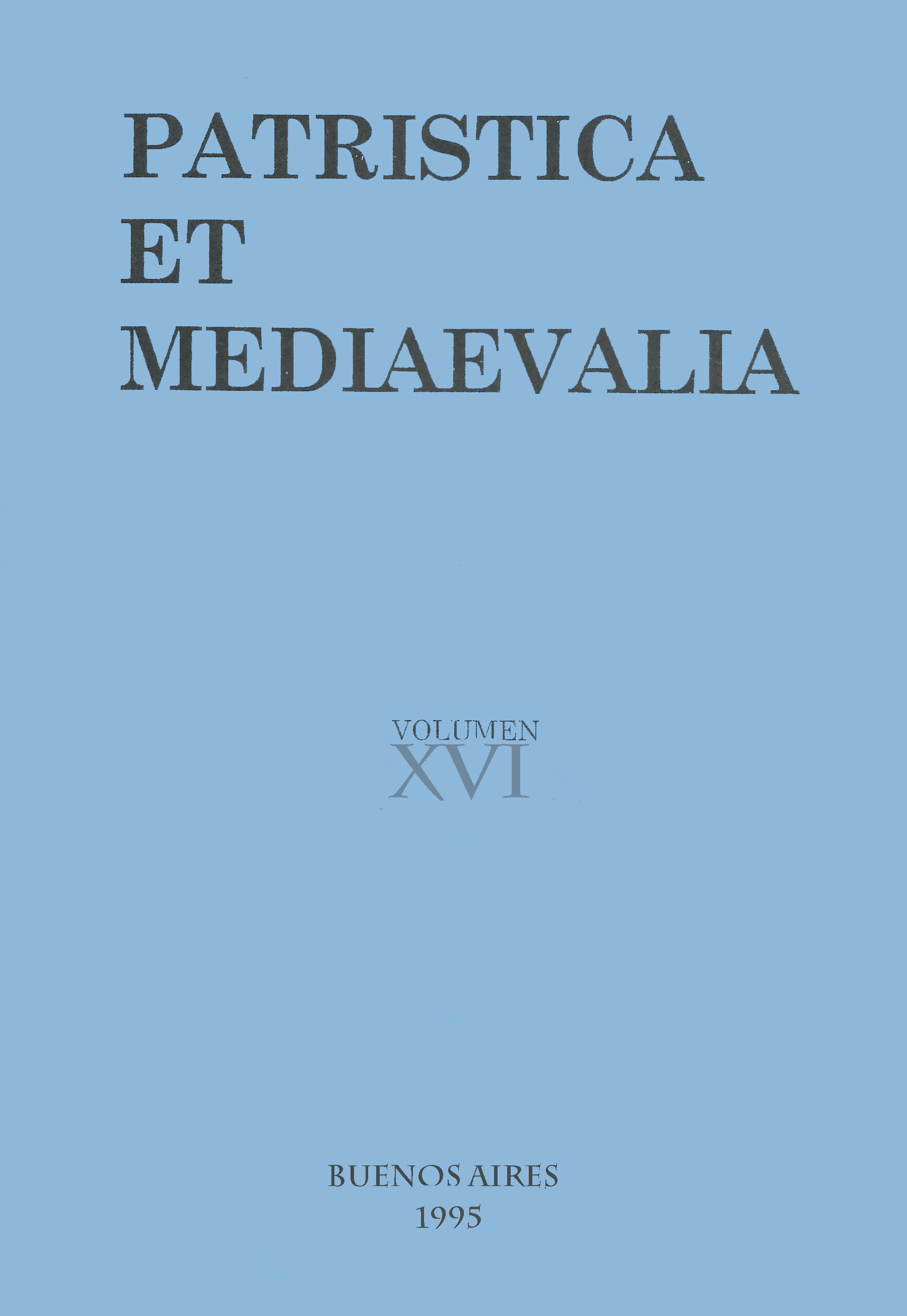Petrus Hispanus’s Commentary On the De Animalibus. Transcription of the Quaestiones On the Controversy Between Physicians and Philosophers
Abstract
Three works on the De animalibus have been attributed to Petrus Hispanus: two commentaries organized in the form of quaestiones (one preserved in Madrid, Biblioteca Nacional 1877 and the other in Florence, Bib. Naz. Conv. Soppr. G 4.853) and a text in the form of quaestiones et responsiones known as Problemata or Quaestiones de animalibus (preserved in 9 manuscripts) which is actually a selection of 127 quaestiones from the Madrid manuscript with some modifications. The codex conserved in Madrid, Biblioteca Nacional 1877 was found by M. Grabmann in 1938. It contains Petrus' comments on several medical treatises and the only surviving copy of his commentary Super libros de animalibus, which occupies ff. 256r-299r. Thus, the present work offers a transcription of the quaestiones of the commentary of Madrid that discusses the topics of the controversy between physicians and philosophers: Petrus Hispanus. The commentary on the De animalibus in ms. Madrid, Biblioteca Nacional 1877, ff. 256r-290v (codex unicus). Transcription of 22 quaestiones about the controversy between physicians and philosophers. Quaestiones: q. 71: De controversia inter philosophum et Galenum… // q. 86: De controversia inter medicum et philosophum… // q. 147: Utrum vene oriuntur a corde vel ab epate. // q. 146: Iuxta hoc queritur de controversia philosophi ad medicos… // q. 150: De origine nervorum. //q. 158: De controversia medici et philosophi ad se ipsum. // q. 183: De virtute sensitiva et primus de eius origine. // q. 425: De controversia philosophi ad medicum et ad se ipsum. // q. 451: Quare philosophys lapsum in situ non appellat egritudinem, medicus autem appellat. // q. 494: Quare iste artifex et medicus incipient ab elementis, physicus autem incipit a materia et forma sicut patet in libro physicorum. // q. 569: De controversia inter Haly et philosophy… // q. 596: De controversia inter philosophy et medicum… // q. 600: De controversia inter philosophum et medicum… // q. 604: Utrum cor sit principium sanguinis vel epar. // q. 606: Quare philosophus tangit contraoperationem cerebri ad cor, medicus non. // q. 607: Quare medicus tangit contraoperationem cordis et epatis et non philosophus. // q. 623: De controversia inter philosophum et medicum… // q. 720: Utrum sperma sit in omni sexu. // q. 723: De controversia inter philosophy et medicum… // q. 756: Quod membrum primus sit formatum et videtur quod epar. // q. 780: De controversia philosophum et medicum. // q. 807: De controversia inter medicum et philosophum.Downloads
1. The authors who publish in this magazine accept the following conditions:
-
They retain the copyright and grant to the magazine the right of the first publication, with the work registered under the Attribution-ShareAlike 4.0 International License that allows third parties to use what is published as long as they mention the authorship of the work and the first publication in this magazine.
-
They can make other independent and additional contractual agreements for the non-exclusive distribution of the version of the article published in this magazine (eg. include it in an institutional repository or publish it in a book) provided that they clearly indicate that the work was first published in this journal.
-
They are allowed and recommended to publish their work on the Internet (for example on institutional or personal pages).
2. AutoArchive Conditions. Authors are allowed and encouraged to distribute post-print electronic versions of their manuscripts because it promotes their circulation, a possible increase of quotation and a major reach among the Academic community. Color RoMEO: blue.













